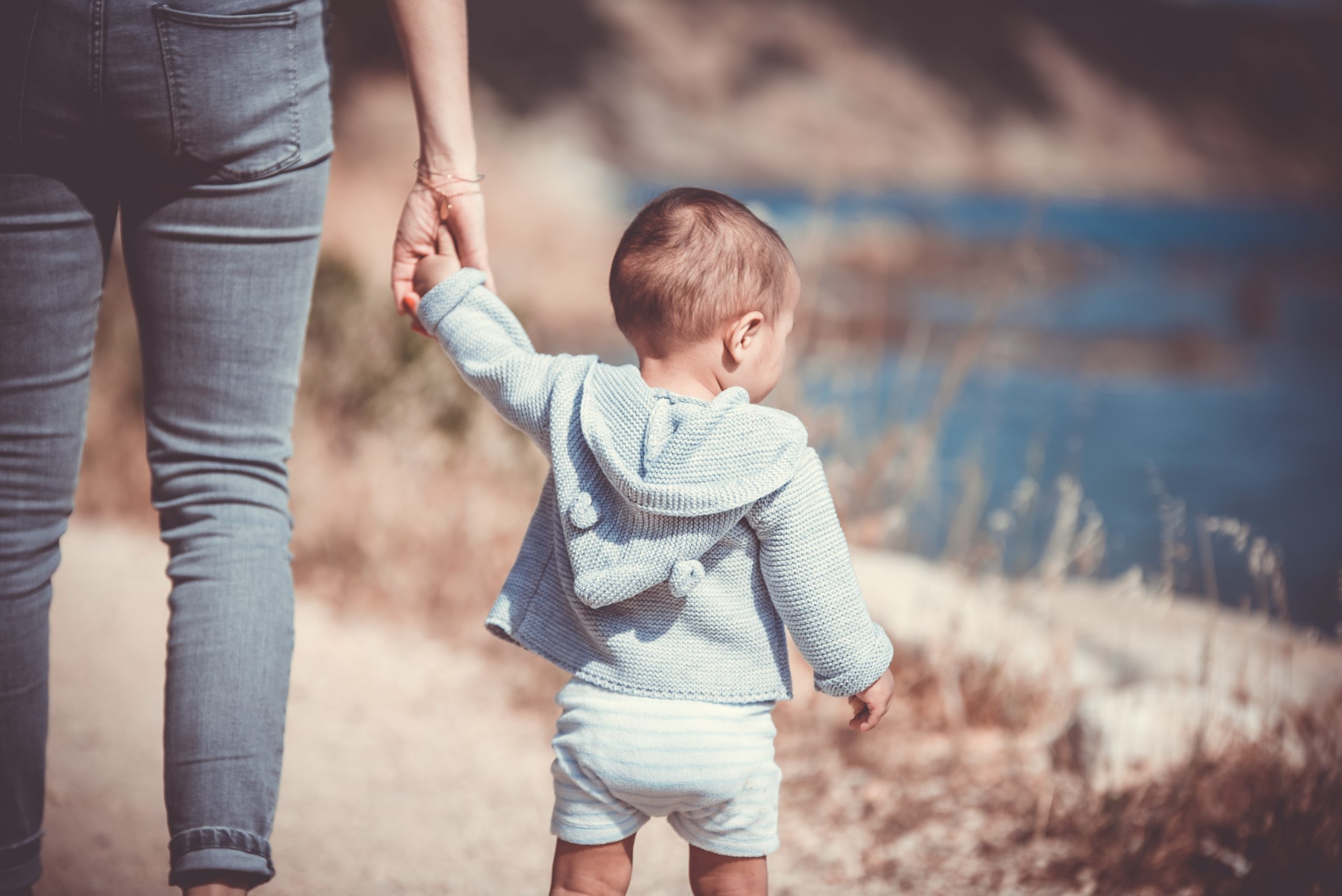Why are foster parents important? Yes, they are! They help people who have been through trauma deal with their pasts and feelings quickly and with ease. They are able to talk about their own struggles with addiction and mental health issues in a positive way. They help people feel safe sharing their own experiences and thoughts with them. Finally, the parents help to provide stability during a difficult time. The parents help to keep the child safe while the adults provide for the family.
Foster homes teach children and youth what it means to be a kid. They learn to laugh and love and to act their age. The challenges and rewards of life are vastly different from those of a foster home. Foster parents help to make a real difference in young people lives by helping them overcome the challenges they have in life. Foster parents are the ones who can give a kid a safe start, help give a kid a sense of security, and help a kid feel good about himself or herself. When a family does not work out, a kid may feel socially isolated and depressed. A teacher may be concerned that a kid may be avoiding class, or may feel uncomfortable with the way she treats the other kids. A community of support is needed among the other factors that cause a kid to turn away from us and instead go to a foster home. A group of parents, friends, and relatives provide structure, security, and structure help with food, clothing, shelter, transportation, and school. Other people in the family have custody of the kid, and it is with these people other problems come into play. Child welfare experts term these children ‘crowdsgats.’ Crowdsgats are a group of parents, grandparents, and other family members who support and encourage the kid in their care. Some types of kids are more than willing to share food and other comforts with the kids, while others have personalities that make them easy to love.



